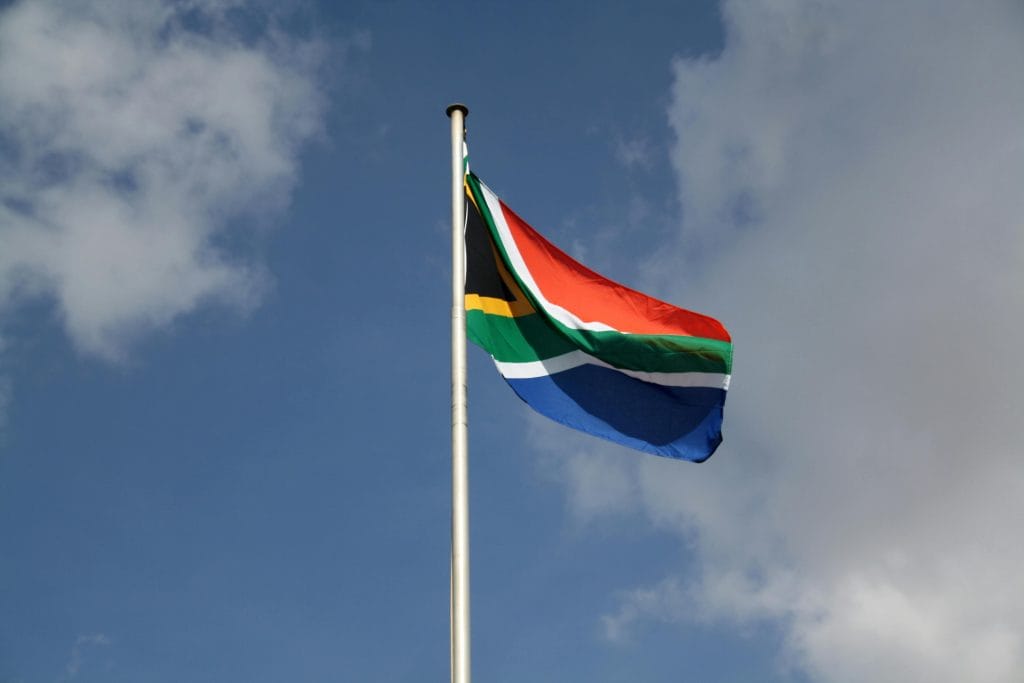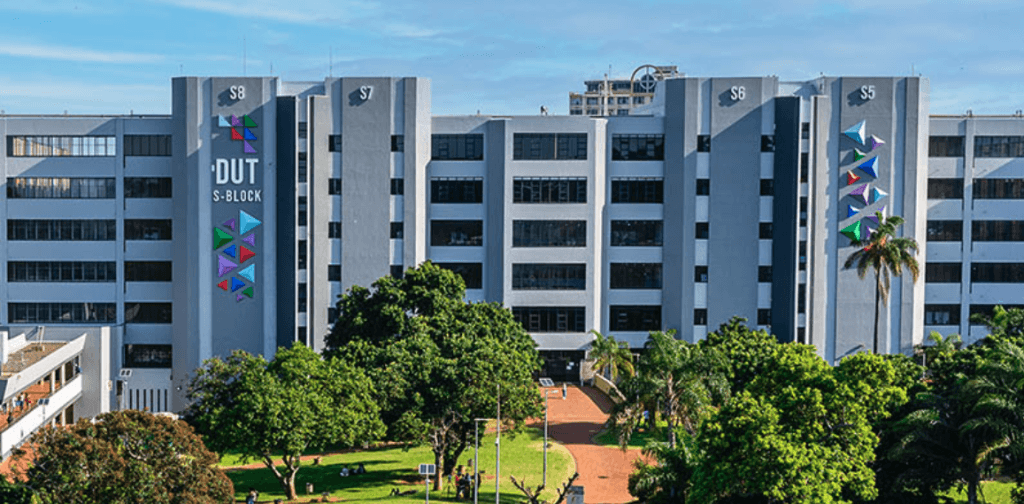FEDUSA MEDIA STATEMENT: WORKER’S DAY 2024
As the second-largest labour federation in South Africa, the Federation of Unions of South Africa (FEDUSA) has reflected deeply on the gains and struggles of workers as the world commemorates Workers Day on 1 May. We have dissected our nation’s enduring commitment to workers’ rights, a foundation laid by persistent struggles against inequality and injustice. […]
FEDUSA MEDIA STATEMENT: WORKER’S DAY 2024 Read More »









